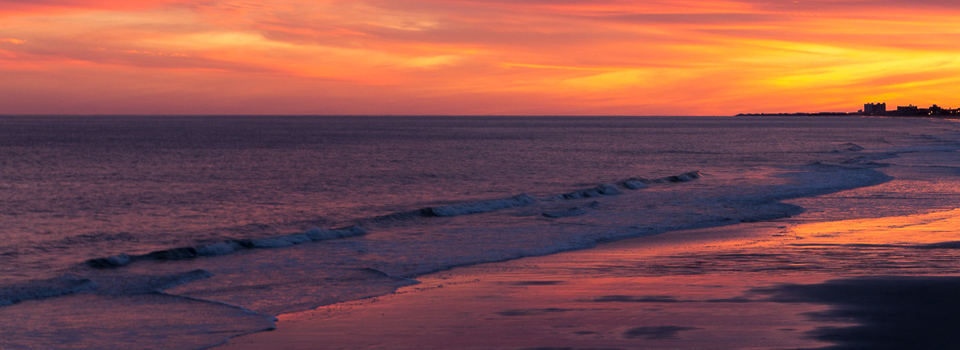CHARLESTON-Jonathan Green got emotional and shed tears as he called for posthumous citizenship for all enslaved Africans that died on South Carolina's rice plantations in the 18th and 19th centuries.

Green, the internationally-renowned artist who lives in Charleston, made his comments last night at A Dialogue in Charleston from The Citadel: The Experiences of Living and Working on a Rice Plantation. The panel discussion was one of a series of dialogues leading up to Green's Requiem for Rice production in October 2017. The production will be a modern, African American-inspired take on the classic requiem and will include a full symphony orchestra and choir, as well classic West African drumming, dancing and singing.
Requiem for Rice is a "tribute to those enslaved, exploited and brutalized on Lowcountry South Carolina and Georgia rice plantations, and remain unburied, unmourned, and (their resting places) unmarked," according to the Requiem for Rice website.
"Whenever I talk about rice, I get emotional. It's very personal," Green said in an interview after the event in the packed Bond Hall on The Citadel campus. "You know, a requiem is a mass for the dead, and we simply believe that all those people whose bodies are scattered under those rice fields need a requiem. We need a requiem."
Green, founder and chairman of the Lowcountry Rice Culture Project, also said that the Requiem and the dialogues leading up to it are "a way to strengthen cultural connections and build a new infrastructure for our youths, especially African American youths. To bring back the cultural connections we have to West Africa. They need to know about Africa."
The call for posthumous citizenship for enslaved people who worked on rice plantations is a request to the state's leaders, he said. "It shouldn't have to be a demand."
Thousands of enslaved people made South Carolina rice planters the richest and largest slaveholders in the nation during the 18th and 19th centuries. West Africans brought the knowledge of cultivating rice with them from their homeland, where it had been grown for hundreds of years. Life for the enslaved on rice plantations was extremely harsh. Diseases such as chronic malaria, respiratory ailments, and cholera proliferated in the swamps and stagnant water on all Lowcountry rice plantations. Overall death and infant mortality rates were very high. Many enslaved people who died were buried in graves that today are unmarked and untended, Green said, adding that the requiem is "a lamentation for the repose of their souls."
The Requiem for Rice is a collaboration between The Colour of Music, Charleston's Black Classical Music Festival and the Lowcountry Rice Culture Forum sponsored by the Lowcountry Rice Culture Project. Carnegie Mellon University's Center for the Arts in Society of Pittsburgh, Pa., selected Requiem for Rice as its Performance Initiative for 2015-2017.
The requiem will premiere in October 2017 in Charleston. For more information, visit requiemforrice.com. Also, stay tuned to Radio Baha'i in the coming weeks for an in-depth interview with Jonathan Green about the project on the public affairs talk show, Insight.


